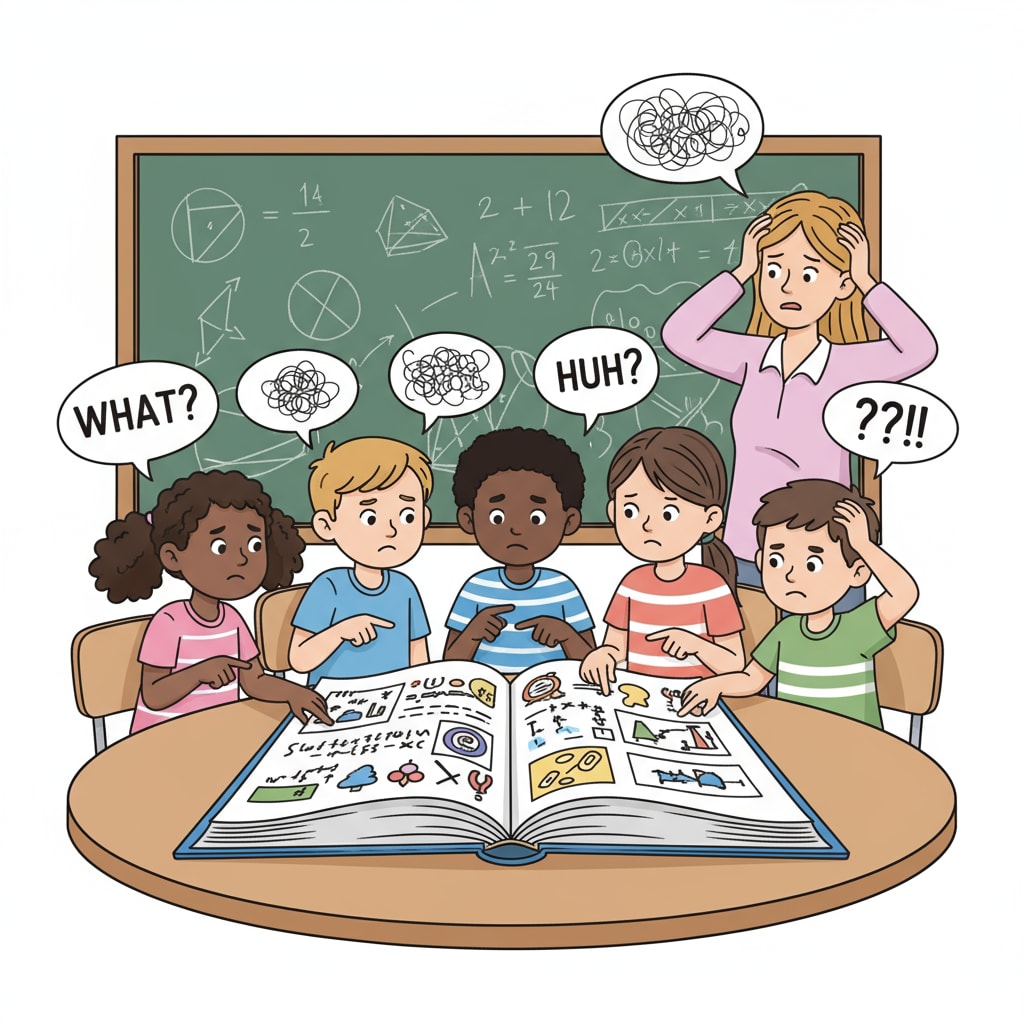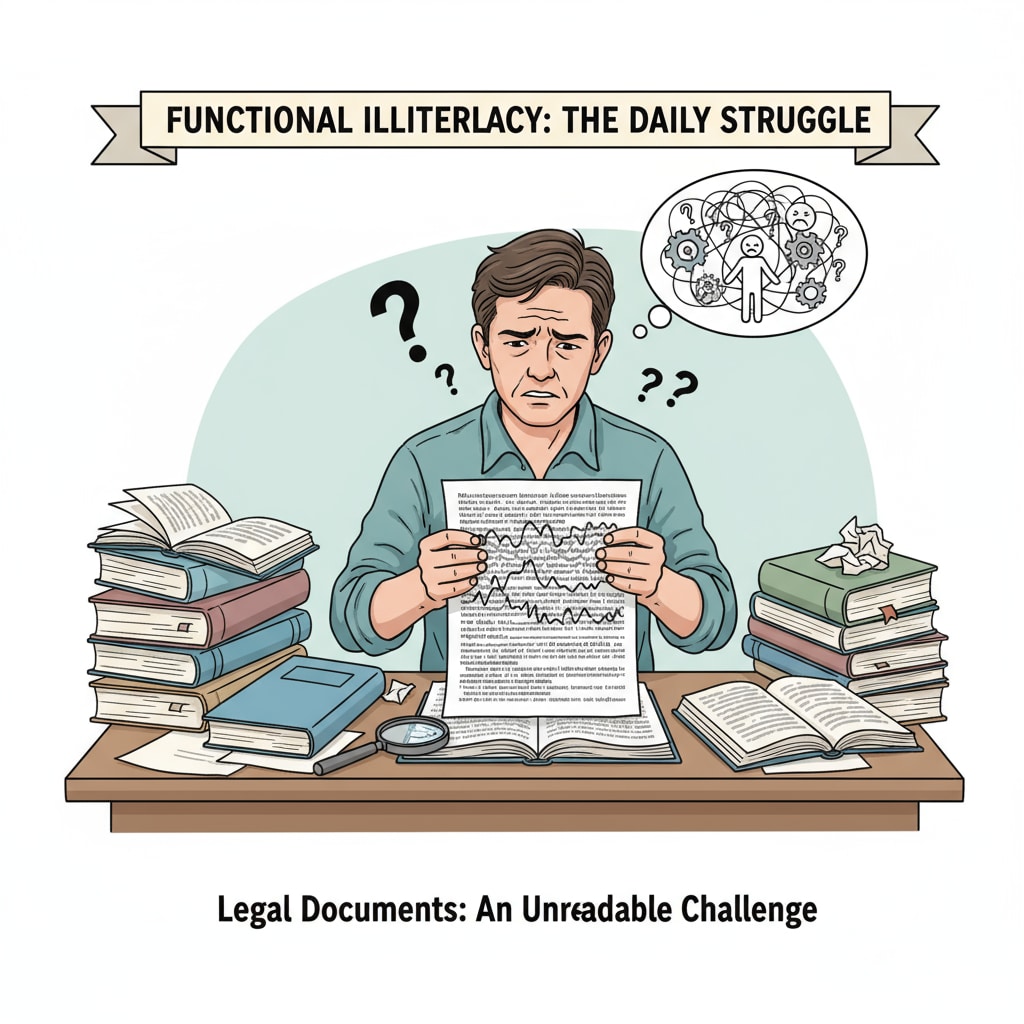Functional illiteracy, reading comprehension, and education crisis are intertwined issues that are plaguing the United States. More than half of the American population is facing the困境 of functional illiteracy, with their reading comprehension skills stuck at a fifth – grade level. This is not just an individual concern but a national predicament that demands immediate attention.

The Alarming State of Functional Illiteracy
Functional illiteracy refers to the inability to use reading, writing, and computational skills effectively in daily life and at work (Merriam – Webster). In the US, this has reached epidemic proportions. A large number of adults struggle to understand complex texts, fill out job applications, or read and interpret important documents. This lack of basic literacy skills severely limits their opportunities for personal and professional growth. For example, in a job market that increasingly requires advanced communication and comprehension skills, functionally illiterate individuals often find themselves at a disadvantage. National Center for Education Statistics on Literacy

The Impact on Individual Development
The consequences of functional illiteracy on individuals are far – reaching. Those with poor reading comprehension skills may have difficulty accessing higher education. Many college – level courses rely heavily on reading and understanding academic texts. Without these skills, students may struggle to keep up with their studies and may drop out. Moreover, in the workplace, functional illiteracy can lead to lower job performance and limited career advancement. Workers who can’t understand instructions or communicate effectively are less likely to be considered for promotions. As a result, they may be trapped in low – paying jobs, perpetuating the cycle of poverty.
Threat to National Competitiveness
In a globalized world, a nation’s competitiveness is closely tied to the education and skills of its workforce. The high rate of functional illiteracy in the US poses a significant threat to its standing in the international arena. Countries with better – educated populations are more likely to attract high – tech industries and innovative businesses. In contrast, the US may find itself losing out on economic opportunities as companies look for regions with a more literate and skilled workforce. This can lead to a decline in economic growth and a loss of global influence. OECD’s PIAAC on Adult Skills
The Root Causes of the Crisis
There are several factors contributing to this education crisis. One major factor is the quality of primary and secondary education. In some areas, schools lack adequate resources, including well – trained teachers and up – to – date teaching materials. Additionally, the curriculum may not be effectively designed to develop strong reading and comprehension skills. Another cause is the prevalence of digital distractions. With the rise of smartphones and social media, students may be less engaged in reading and more focused on short – form content, which does not enhance their literacy skills.
Potential Educational Solutions
To address this crisis, there is a need for comprehensive educational reforms. First, investment in teacher training is crucial. Teachers should be equipped with the latest teaching methods to improve students’ reading comprehension. Second, the curriculum should be revised to place more emphasis on literacy development. This could include more engaging reading materials and activities that promote critical thinking. Community – based literacy programs can also play a vital role. These programs can provide additional support to adults who are struggling with functional illiteracy.
Readability guidance: By breaking down the complex issue of functional illiteracy into smaller sections, we can better understand its various aspects. The use of lists and short paragraphs makes the information more accessible. Transition words like ‘for example’, ‘moreover’, and ‘as a result’ help to connect ideas and improve the flow of the article.


